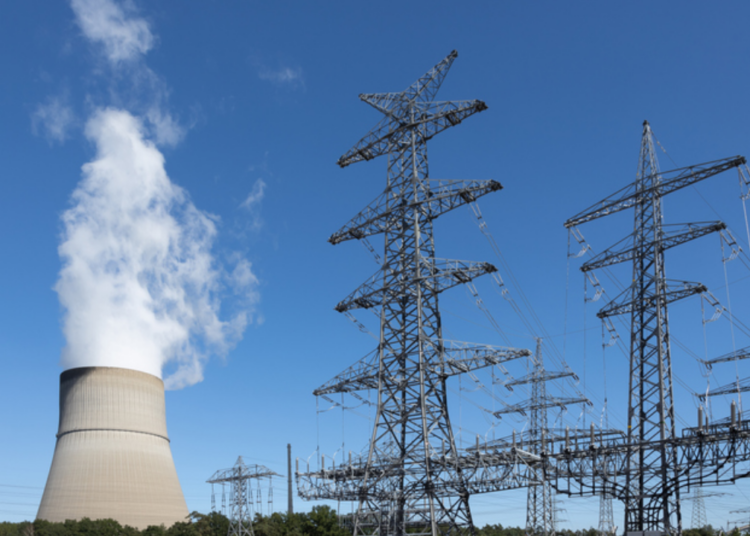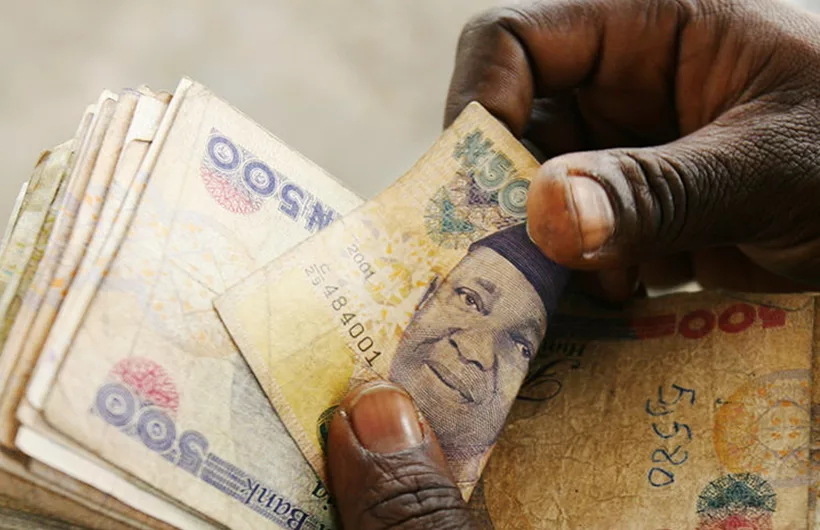As Nigeria continues to grapple with the abysmal supply of electricity from the national grid 10 years post privatisation, the minister of power, Adebayo Adelabu has threatened to revoke the licences of companies whose performances fall below standard, saying that he would rather move for commercialisation of the sector than privatisation.
This is as chairman of the NIgerian Electricity Regulatory Commission (NERC), Sanusi Garba, has announced a five-year extension of operational licences of the distribution companies, thus shifting expiration date from 2013 to 2028.
Yet, operators are insisting that the sector must operate a cost reflective tariff system to be able to meet up with the current economic realities of high exchange rate and inflation that have forced up operational costs.
These were part of the fallout of discussions at the NIgerian Electricity Supply Industry (NESI) Market Participants and Stakeholders’ Roundtable (NMPSR) which began in Abuja, yesterday.
The NERC chairman, who was represented by the general manager, Market Competition and Rates, Shamsudeen Mammud in his remarks during the opening session of the three-day conference, said that the licences of the operators will expire in 2028 and not in 2023 as earlier envisaged.
According to him, the government extended their licences by five years.
“I want to make a clarification on the trending issue about the licence of the DisCos. It is all over, people are saying the licence will expire this year. The DisCos were given a 10-year licence. But as they took over, the commission extended their licence by five years. So the DisCos have a 15 years licence. So their licence will expire five years from now which is 2028.
He said the commission has always sanctioned the licencees when they err.
He said the industry has been making slow progress.
On his part, the minister of Power, Adebayo Adelabu, who felt disappointed by abysmal performance of the sector, threatened to revoke the licences of companies whose performances fall below standard, saying that he would rather move for commercialisation of the sector than privatisation.
He said that the government will do a performance assessment of all the distribution companies (DisCos) and all the generation companies (GenCos) and any of them that fail the stress test will be left behind.
The assessment will be based on whether they have technical capacities, financial capabilities and how much investment they have made; how much improvement they have made to the infrastructure? Which of the Aggregate Technical and Commercial (AT&C) losses they have reduced.
“And I made mention that 10 years down the line the licences are expiring and it’s time for renewal. Renewal is not automatic. Any of the privatised companies that have not lived up to expectation will not have its licence renewed.
“We have to know whether you have complied with the terms and conditions of the licence you have been given.
“We look at the technical capacities of the GenCos and the DisCos. We will look at the financial capabilities of the DisCos. How much investment have you made since you got this licence? How much improvement have you made to the infrastructure?
“Which of the AT&C losses have you reduced based on the agreement when you were given these licences? These are the very serious conversations we need to have with the private sector operators at the distribution and the generating company level” he emphasised.
The minister regretted that the state of things in the electricity supply industry is quite intolerable and the objectives of the privatisation have not been met.
To this extent, the minister canvassed for commercialisation instead of privatisation
“The state of things in the Nigerian electricity supply industry (NESI) years after privatisation is still unacceptable.
“The question to ask ourselves is whether we have achieved the objectives of privatisation on the grading of zero to 100?
“What is our score? Personally, I will say No which is why it’s pertinent for all the industry players, all the stakeholders to have a roundtable to discuss what are the reasons responsible for this.
”And what are the things we need to do to achieve the objectives of privatisation?, he queried
Adelabu, said his ministry would develop a roadmap for the sector before the end of 2023.
Adelabu urged stakeholders to cross-fertilize on ideas to address challenges facing Nigeria’s power sector.
“For the performance-minded private sector, let me assure you that President Bola Ahmed Tinubu and I are committed to delivering adequate and reliable power supply to Nigerians for economic growth and job creation”.
From the presidency, special adviser, Energy and Infrastructure, Office of the Vice President, Sodiq Wanka, lamented that the national grid only serves about 15 per cent of the country’s electricity demand.
This, according to him, left households and factories to rely on expensive self-generation, which supplies a staggering 40 per cent of Nigeria’s energy demand.
He said, “What is worse, is that the total amount of electricity that can be wheeled through the national grid has remained relatively flat in the last 10 years.
“The grid capacity has increased from just over 3000MW to typically just over 4,000MW today versus a 40,000MW target by 2020 that the Federal Government had set pre-privatization.”
He disclosed further that “Only around 45 per cent of NESI customers are metered today, with wide variations across DisCos.
“The scale of investment needed to meter current and new customers and replace obsolete meters is not trivial.
“The government is committed to supporting the metering drive through the World Bank (DISREP) programme which should add at least 1.25 million meters, while activating the Meter Acquisition Fund to procure another 4 million meters.
“But we must also realise that long-term sustainable metering should be within the remit of DisCos and their partners.
“We need to have a clear plan to rebase tariffs, so we recognise the real costs and loss levels of the entire value chain, and we allow for adequate cost recovery for investments.
“We need to be clear on what shortfalls are and how we will finance them. And there must be a clear path to extinguishing historic sector debts to various value chain stakeholders.
” A reconciliation exercise in this regard is already under way.”
We’ve got the edge. Get real-time reports, breaking scoops, and exclusive angles delivered straight to your phone. Don’t settle for stale news. Join LEADERSHIP NEWS on WhatsApp for 24/7 updates →
Join Our WhatsApp Channel










